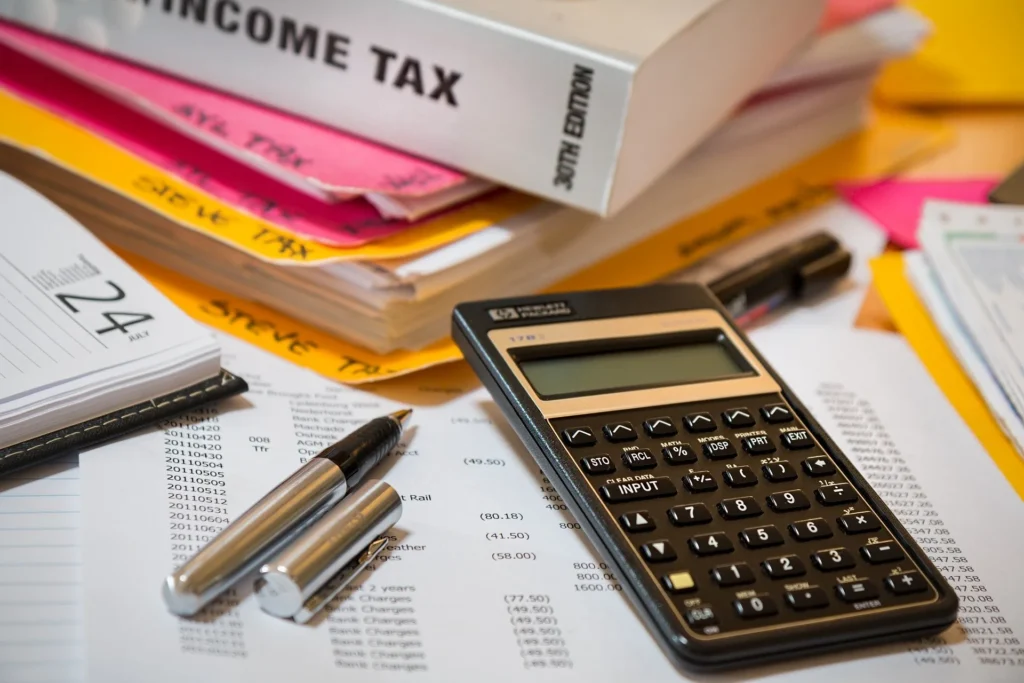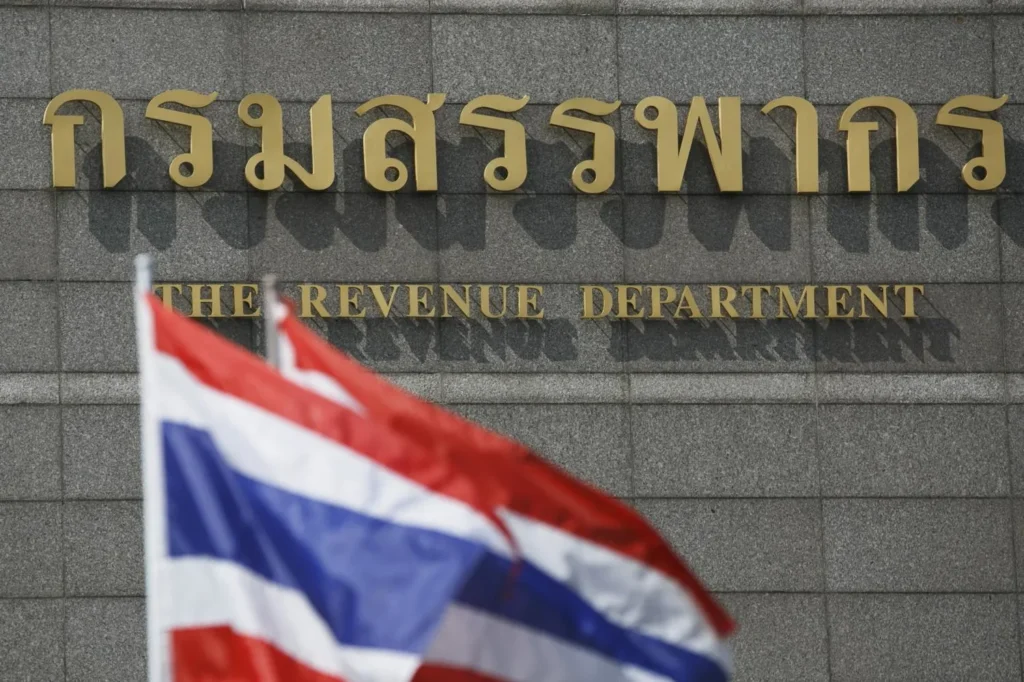Do Thai Crypto Traders Really Pay Tax? Here’s What You Should Know in 2025
Tax on Crypto in Thailand scene is hotter than ever in 2025—but that brings up an unavoidable question: do Thai crypto traders pay tax? The short answer is yes. But as with all things crypto, the details get a bit messy. So let’s unpack what the law actually says, what the Revenue Department expects, and what Thai traders are really doing when it comes to reporting gains.
Wait… Is There Actually a Tax on Crypto in Thailand?
Yep. Since early 2022, Thailand has made it clear that crypto income—whether from trading, mining, or NFTs—is taxable. And that hasn’t changed much in 2025. The tax on crypto in Thailand mainly falls under two categories:
- Capital Gains Tax – If you sell crypto for more than you bought it, that profit is taxable.
- Withholding Tax (15%) – This applies to profits from certain platforms or services (mostly foreign ones), though enforcement can be patchy.
But here’s the kicker—enforcement isn’t always as strict as people think. Some local traders skate under the radar, especially when they stick to Thai exchanges like Bitkub or Binance TH. Still, the legal expectation is clear: if you’re making money, the taxman wants a piece.

How Does the Revenue Department Track This Stuff?
Let’s be honest: it’s not like Thailand’s Revenue Department is peeking into every wallet. But the government has started asking local exchanges to report user data.
That means if you’re trading on Thai platforms, your info isn’t exactly private anymore. In fact, Bitkub and other licensed exchanges are required to share transaction data when requested.
On the flip side, if you’re using foreign wallets or decentralized platforms (hello, MetaMask), tracking becomes trickier. That said—just because they can’t see everything doesn’t mean they won’t. Regulators are catching up… slowly but surely.

Crypto Income Types: What’s Actually Taxed?
Here’s a breakdown of what might get taxed under Thailand’s current rules:
- Trading profits (buy low, sell high)
- Mining income (yes, that’s taxable too)
- NFT sales (these are in a gray zone, but technically, they count)
- Staking rewards (as “income,” not capital gains)
- Airdrops (if they have monetary value, they’re taxable)
But again, things aren’t black and white. For example, what if you just swap tokens but don’t cash out to fiat? Some argue that’s not a “realized gain.” Others say it is. There’s still a bit of a legal gray zone here in 2025—no surprise.

Credit from : DL News
Are There Any Exemptions or Legal Loopholes?
Some—though they’re limited. In 2022, Thailand introduced an exemption for crypto traded on registered Thai exchanges. That means if you sell BTC or ETH through platforms like Bitkub, you might be exempt from the 15% withholding tax… but not from personal income tax. Confusing? Absolutely.
There are also some potential breaks for long-term holders or those operating under company structures, but that’s where things get technical fast. Most individual traders still fall under the regular income tax umbrella.
Oh—and if you’re wondering whether gains under a certain threshold are ignored… not officially. Even small profits are supposed to be declared. Whether folks actually do? That’s another story.

So… Do Most Thai Crypto Traders Actually Pay Tax?
Here’s where reality diverges from law. In practice, not everyone is rushing to file crypto profits. Some traders keep it quiet—especially those using offshore wallets or decentralized apps. Others just aren’t sure what’s taxable and what’s not.
But more Thais are getting cautious in 2025. As the government tightens regulations and banks begin flagging big crypto inflows, people are starting to realize: ignoring the tax on crypto in Thailand might not be a long-term plan.

Credit from : Forbes
Final Thoughts: The Truth About Tax on Crypto in Thailand
Let’s wrap it up. Yes, there is a tax on crypto in Thailand—and it applies to most kinds of gains. Whether you’re casually flipping coins or seriously staking Solana, the Revenue Department wants its cut.
Is enforcement perfect? Nope. Will every trader declare their profits? Probably not. But the writing’s on the wall. As crypto keeps growing in Thailand, tax rules are only going to get tighter. If you’re still unsure whether you need to report your gains—maybe it’s time to ask an accountant (a human one).
Better safe than sorry. Or as they say in Thai—ไม่เสียภาษีก็ไม่สบายใจ (If you don’t pay tax, you won’t sleep easy).




